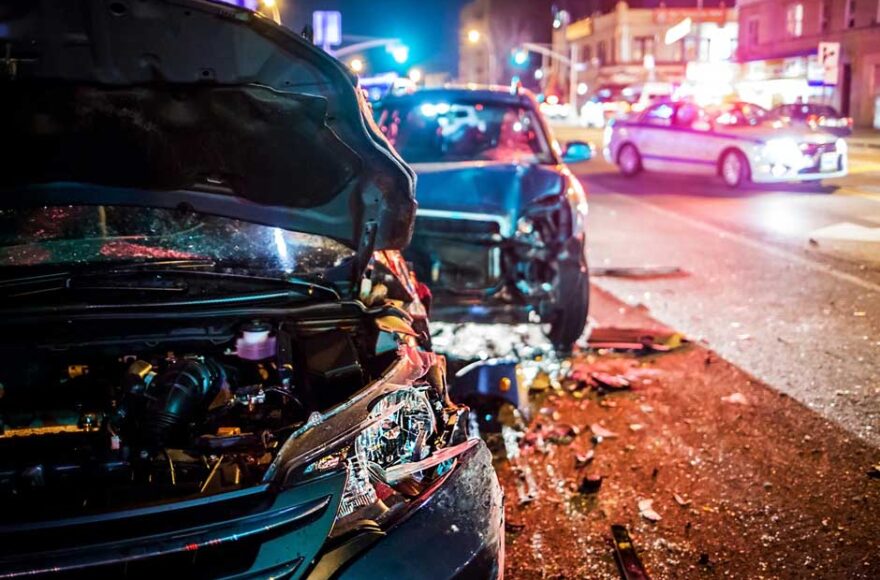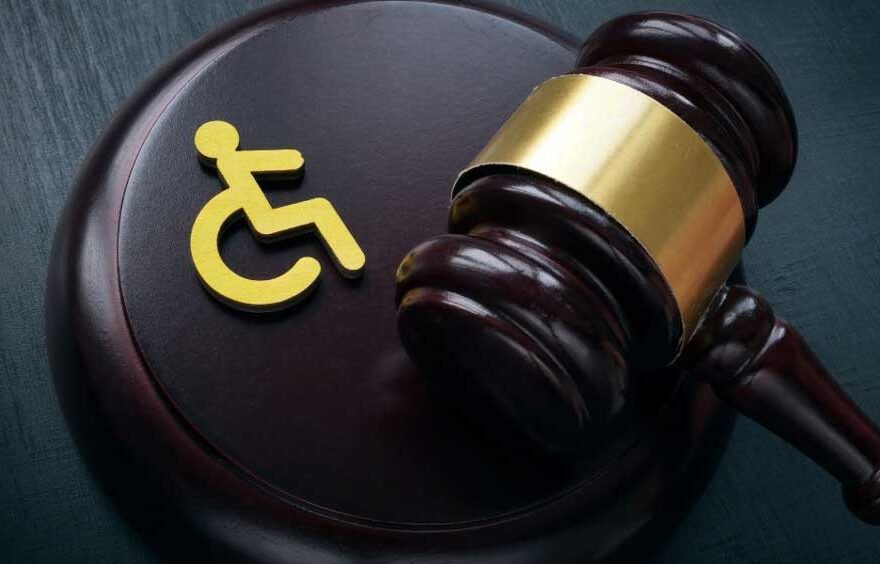Can a Hospital Be Held Accountable for Medical Malpractice?

Hospitals are trusted to provide safe, competent care to every patient. Yet, errors and negligence can occur within these institutions, sometimes leading to significant harm. The question of whether a hospital can be held accountable for medical malpractice is complex and depends on several legal and practical factors.
Many individuals turn to medical malpractice lawyers at The Rothenberg Law Firm LLP to better understand their rights and options when faced with such situations. These legal professionals help clarify the circumstances under which a hospital, rather than just an individual provider, may be liable for patient injuries.
When considering hospital liability, it is essential to distinguish between the actions of individual healthcare providers and the institution itself. Hospitals must ensure that their staff are qualified, facilities are safe, and protocols are up to standard.
Let’s first handle various liability and direct negligence.
Vicarious Liability and Direct Negligence
One primary way a hospital can be held accountable is through the doctrine of vicarious liability. This legal principle holds employers liable if their employees’ negligent acts occur within the scope of their employment.
In a hospital setting, if a nurse, technician, or even a physician (when classified as an employee) harms a patient, the hospital could be held liable for damages. Typical scenarios include medication errors, surgical mistakes, or failures to monitor patients properly.
However, not all healthcare providers in a hospital are employees. Many physicians, for example, work as independent contractors. In such cases, the hospital’s liability may be limited unless it can be shown that the institution exercised significant control over the provider’s work or misrepresented the provider’s status to patients.
Institutional Failures and Systemic Issues
Hospitals may also be found directly negligent for their actions or policies. This includes negligent hiring practices, inadequate staff training, failure to maintain equipment, or insufficient supervision of medical personnel.
If a hospital hires unqualified staff, fails to enforce safety protocols, or ignores known hazards, it may be held liable for any harm that results. Systemic issues, such as chronic understaffing or poor infection control, are grounds for institutional liability.
In some cases, both individual providers and the hospital may share responsibility. Nurses could be liable if they administer the wrong medication due to inadequate training, and the hospital fails to provide proper instruction, both parties could be liable.
Proving Hospital Liability
Establishing hospital liability in a medical malpractice case requires clear evidence. Plaintiffs must demonstrate that the hospital breached its duty of care and directly caused harm.
Medical records, expert testimony, and internal hospital policies are crucial in these cases. The process can be complex, as it involves examining what went wrong, why it happened, and whether the institution could have prevented it.
Final Thoughts
In the case of medical malpractice, a hospital may be liable in a number of situations, such as when an employee is careless, when there are systematic issues, or when there is outright institutional misbehavior.
The legal environment is complex; the facts and relationships at play determine the outcome of each case. Anyone seeking justice after being harmed in a hospital setting must comprehend these intricacies.


